Quick Answer:
Matcha tea is only mildly acidic (pH 6.0–7.0) and can even have an alkalizing effect on the body, making it much gentler on the stomach than coffee (pH 4.5–5.5) or black tea (pH 4.9–5.5). High‑quality matcha is ideal for those seeking a balanced, gut‑friendly, and energizing drink.
Matcha’s pH: How Acidic Is It Really?
The pH scale runs from 0 (most acidic) to 14 (most alkaline), with 7 as neutral. Here’s how matcha compares to other common drinks:
| Beverage | pH Range | Acidity Level |
|---|---|---|
| Matcha Green Tea | 6.0–7.0 | Mildly acidic/neutral |
| Regular Green Tea | 6.0–6.5 | Mildly acidic |
| Black Tea | 4.9–5.5 | Acidic |
| Coffee | 4.5–5.5 | Acidic |
Why does this matter? Matcha’s near‑neutral pH means it’s less likely to irritate your stomach. Its unique profile (rich in catechins, chlorophyll, and L‑theanine) supports a healthy digestive environment.
Does Matcha Alkalize the Body?
Although matcha powder is slightly acidic, it has an alkalizing effect once digested. This is due to its high levels of chlorophyll, minerals, and amino acids, which help balance the body’s pH and support gut health. Key nutrients include:
- EGCG (Epigallocatechin gallate): A potent antioxidant with anti‑inflammatory and alkalizing properties.
- Chlorophyll: Helps neutralize acids and detoxify the body.
- L‑theanine: Calms the gut and reduces stress‑induced acid production.
Common Myths and Concerns About Matcha’s Acidity
-
Myth 1: All green teas are highly acidic.
Fact: Premium matcha is shade‑grown and stone‑ground, making it less acidic than most green or black teas. -
Myth 2: Matcha causes acid reflux.
Fact: For most people, matcha’s gentle pH and soothing amino acids make it unlikely to trigger reflux when consumed in moderation. -
Myth 3: Matcha damages teeth or gut health.
Fact: Unlike coffee or soda, matcha’s low acidity is unlikely to harm tooth enamel or upset the digestive tract. Drinking water after matcha can further protect enamel. -
Myth 4: All matcha is the same.
Fact: Ceremonial‑grade matcha is smoother and less acidic while low‑quality matcha may be more bitter and irritating due to higher tannin content.
Matcha vs. Coffee and Other Teas: A Stomach‑Friendly Choice
Compared to black tea and coffee, matcha is:
- Less acidic-Reducing risk of heartburn and reflux.
- Easier on digestion-Thanks to L‑theanine and chlorophyll for a soothing effect.
- More balanced-Provides a gradual caffeine release, minimizing jitters and stomach discomfort.
Key takeaway: Coffee’s high acidity and caffeine can irritate the stomach, whereas matcha delivers a balanced, sustained energy boost with a lower risk of discomfort.
What Affects Matcha’s Acidity?
- Quality: Ceremonial‑grade matcha (made from young leaves) is less acidic and more nutrient‑rich.
- Growing conditions: Shaded tea plants develop higher levels of chlorophyll and amino acids, making matcha smoother and lower in acidity.
- Storage: Exposure to air, moisture, or light can degrade matcha and slightly raise its acidity.
- Preparation: Brewing matcha with cooler water (160–175°F / 70–80°C) maintains its smooth flavor and neutral pH.
- Additives: Dairy or added sugars can affect matcha’s pH balance; plant‑based milks help maintain neutrality.
Digestive Health: Matcha’s Benefits and Possible Drawbacks
Benefits:
- Supports a healthy gut microbiome.
- May reduce discomfort from mild acid reflux or heartburn.
- Less likely to cause bloating or irritation compared to highly acidic drinks.
Potential Drawbacks:
- Consuming matcha on an empty stomach may cause mild discomfort due to tannins and caffeine sensitivity.
- Low‑quality matcha can irritate sensitive stomachs due to higher acid and tannin levels.
Who Should Be Cautious?
- People with severe acid reflux, ulcers, or caffeine sensitivity should start with smaller amounts and avoid consuming matcha on an empty stomach.
FAQ: Matcha’s Acidity and Digestive Effects
- Is matcha safe for acid reflux or GERD? Yes, for most people. Its low acidity and calming compounds make it gentler than black tea or coffee. If very sensitive, consume with food and in moderation.
- Can matcha cause heartburn? Rarely, but it can occur if consumed in large amounts, on an empty stomach, or if caffeine sensitive.
- Is matcha more acidic than green tea? No, matcha’s pH is comparable or slightly less acidic, making it a more gut‑friendly option.
- Does matcha harm tooth enamel? No, matcha’s mild acidity is far lower than that of soda or coffee. Rinsing with water afterwards can further protect enamel.
How to Make Matcha Even Gentler on Your Stomach
- Choose ceremonial‑grade matcha for the best taste and lowest acidity.
- Pair matcha with alkaline foods like bananas, oatmeal, or leafy greens.
- Use non‑dairy milk (almond, oat, or coconut) for a creamy, soothing matcha drink.
- Avoid drinking matcha on an empty stomach if prone to reflux or discomfort.
- Use cooler water (160–175°F / 70–80°C) for a smoother, less acidic cup.
- Stay well‑hydrated by drinking water before and after matcha to support digestion.
Summary Box: Is Matcha Acidic?
- pH: 6.0–7.0 (mildly acidic to neutral)
- Stomach‑friendly: Yes, especially compared to coffee or black tea
- Best for: Those seeking a low‑acid, energizing, gut‑friendly drink
- Caution: Use high‑quality matcha, brew gently, and enjoy in moderation
Final Thoughts
Matcha is a rare blend of indulgence and well‑being, a low‑acid, alkalizing, and energizing tea that’s gentle on the stomach and packed with health benefits. By choosing high‑quality matcha, brewing it mindfully, and listening to your body, you can make it a daily ritual that supports both digestion and overall wellness.


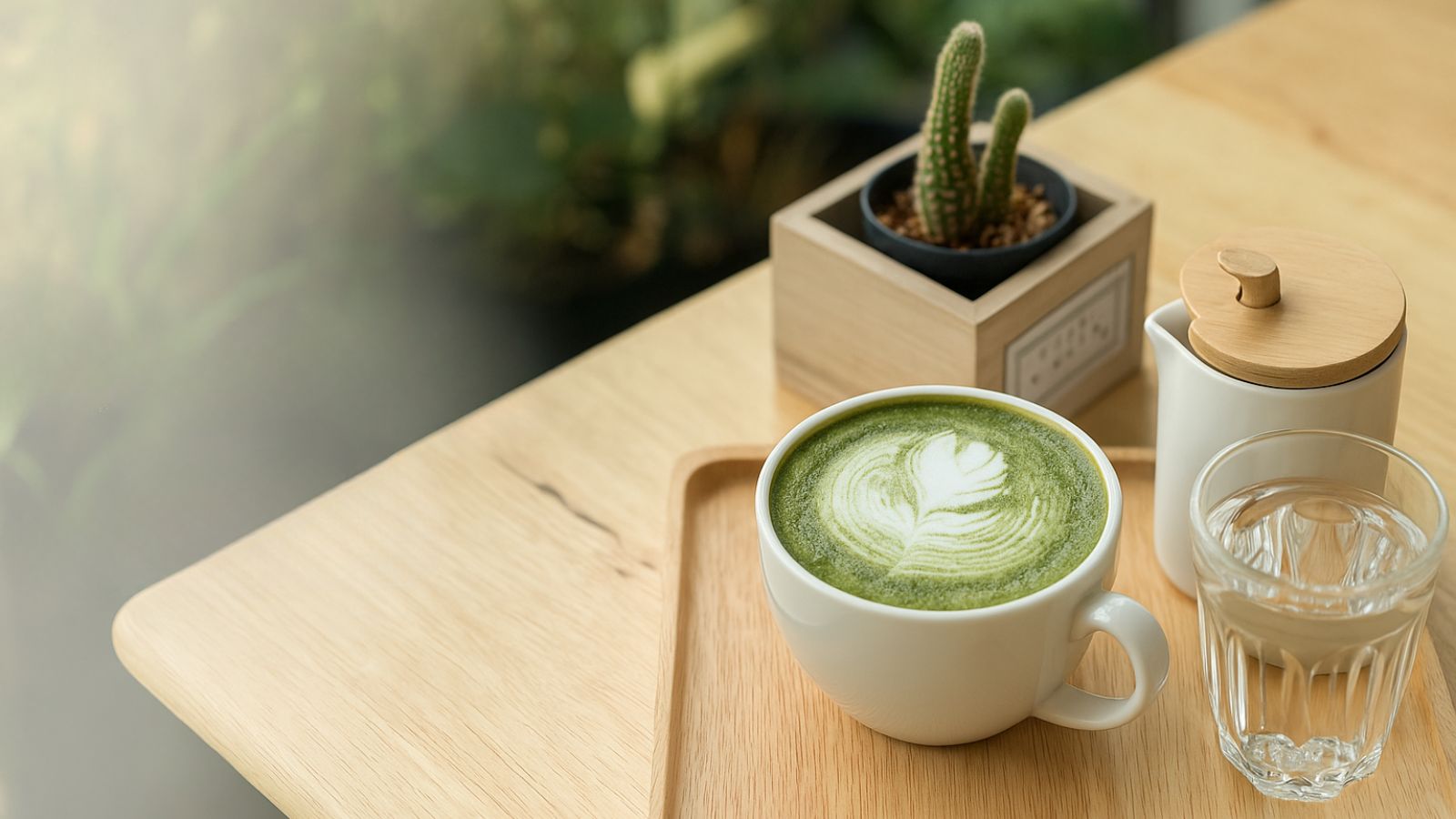

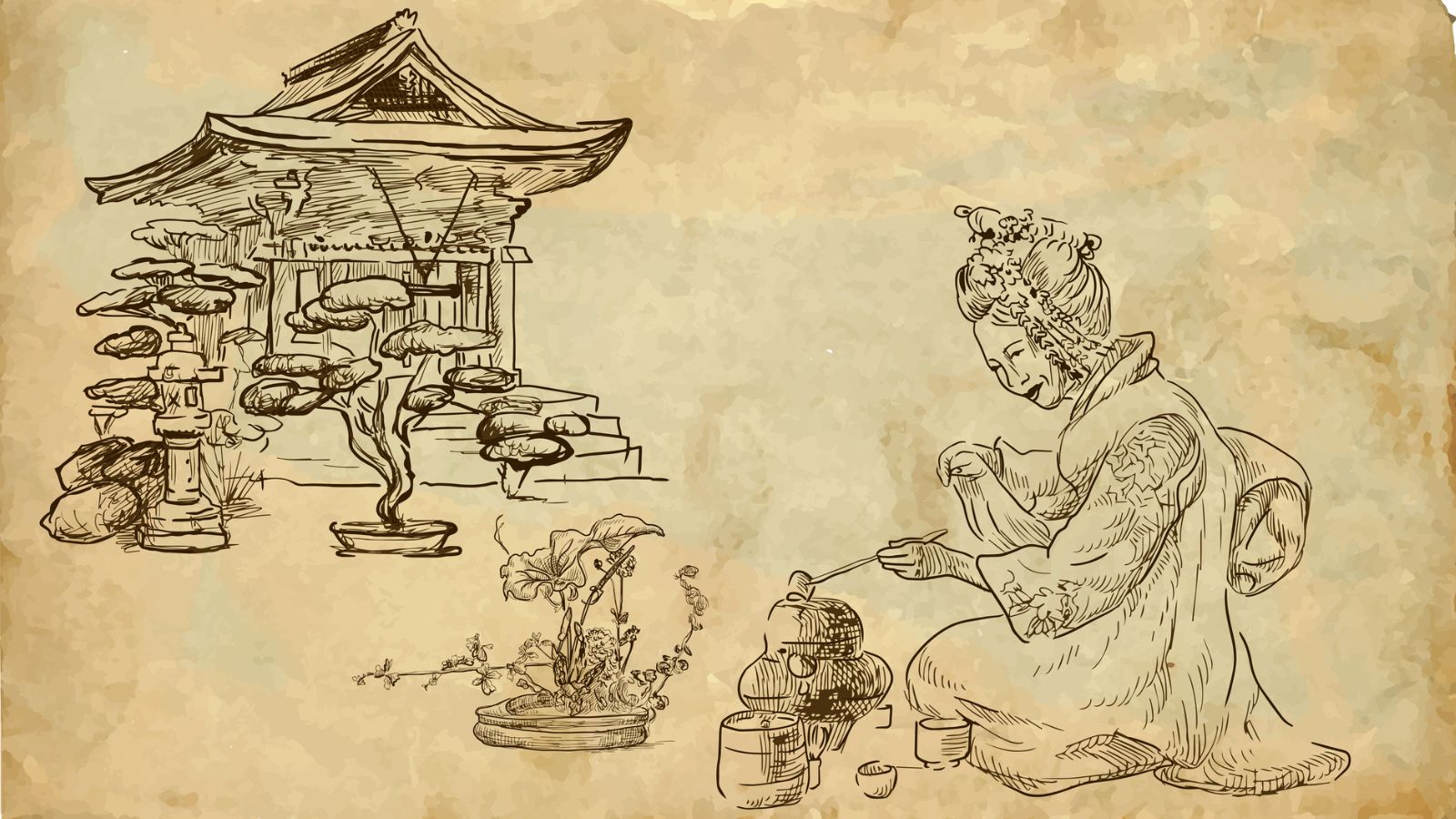
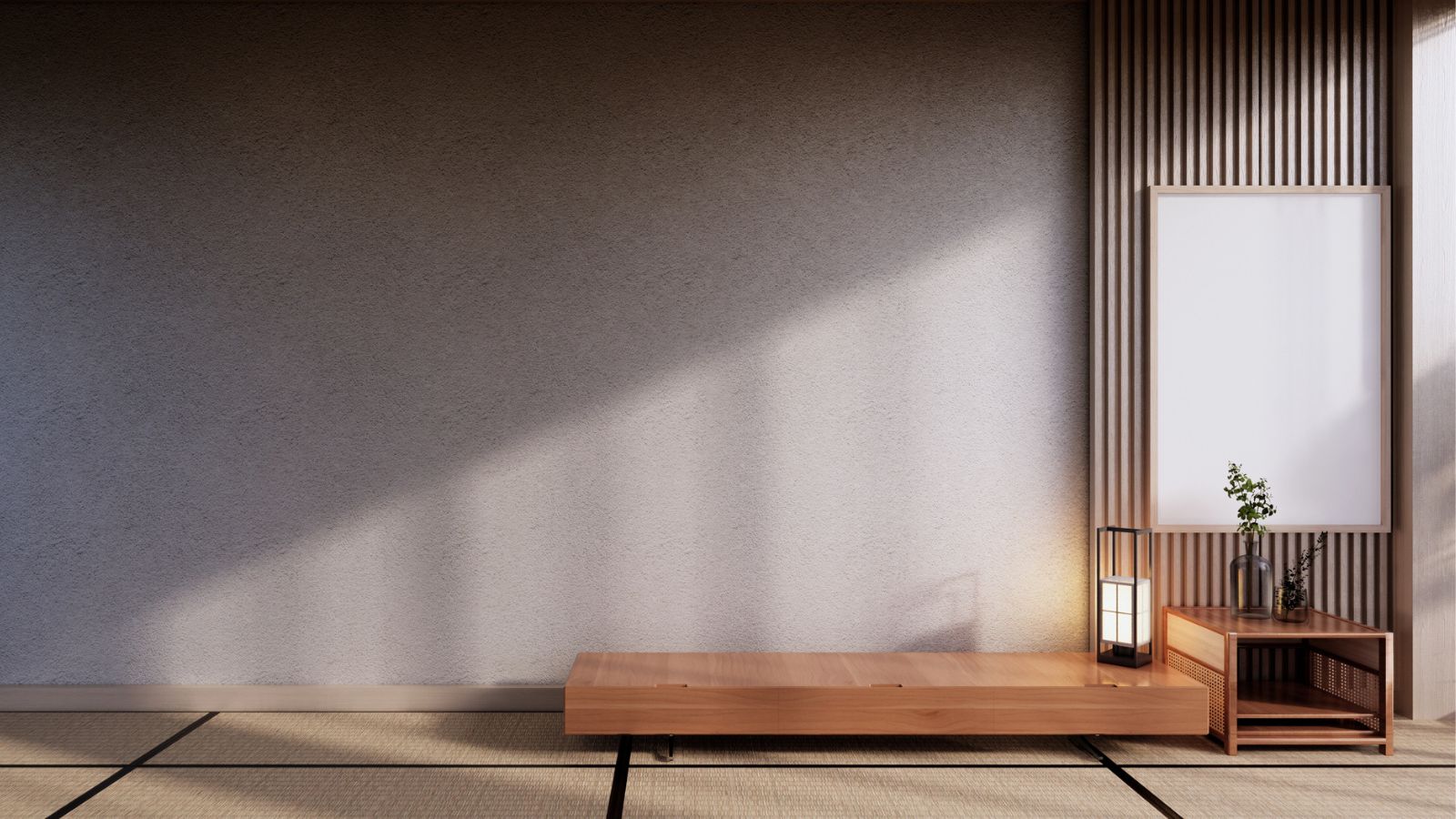

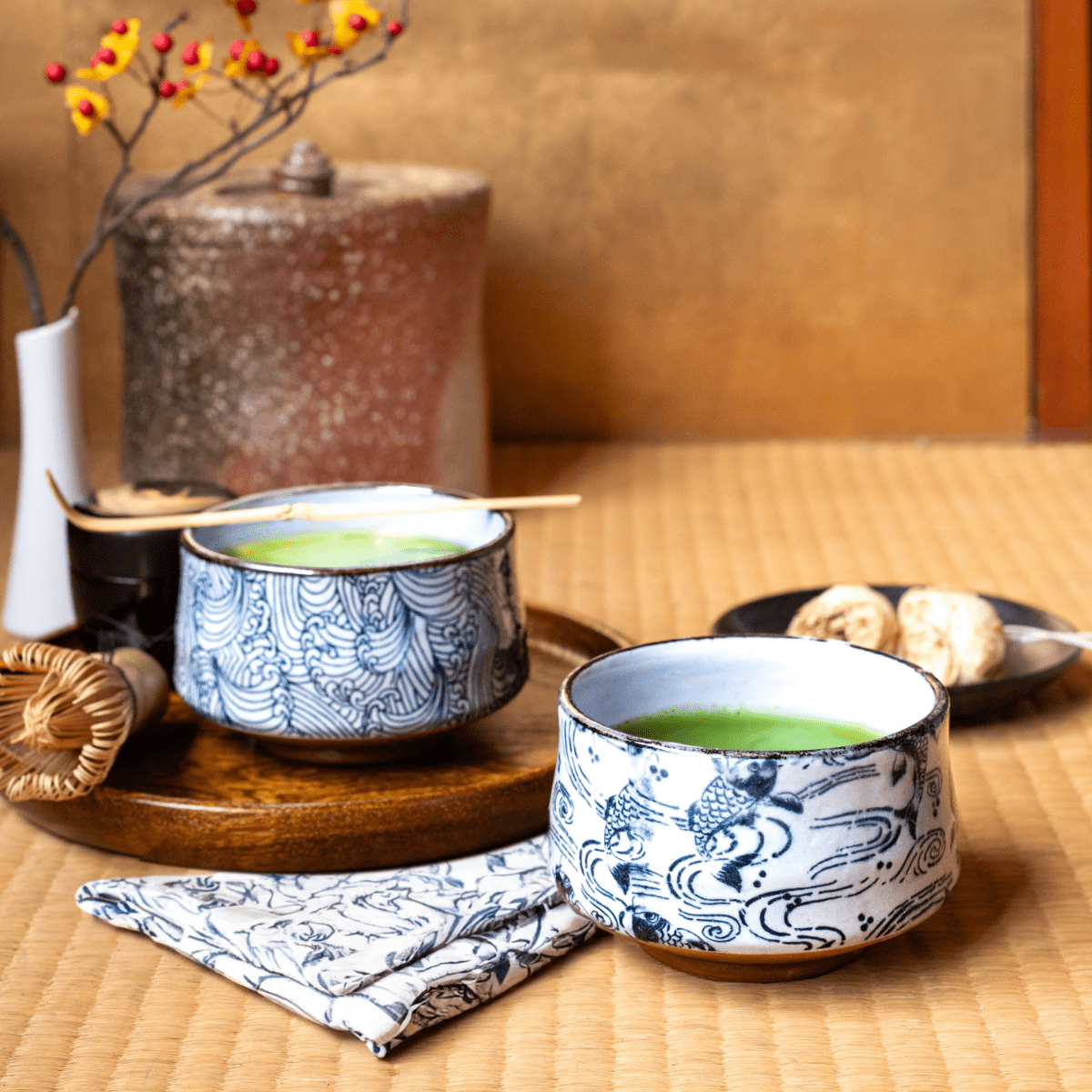
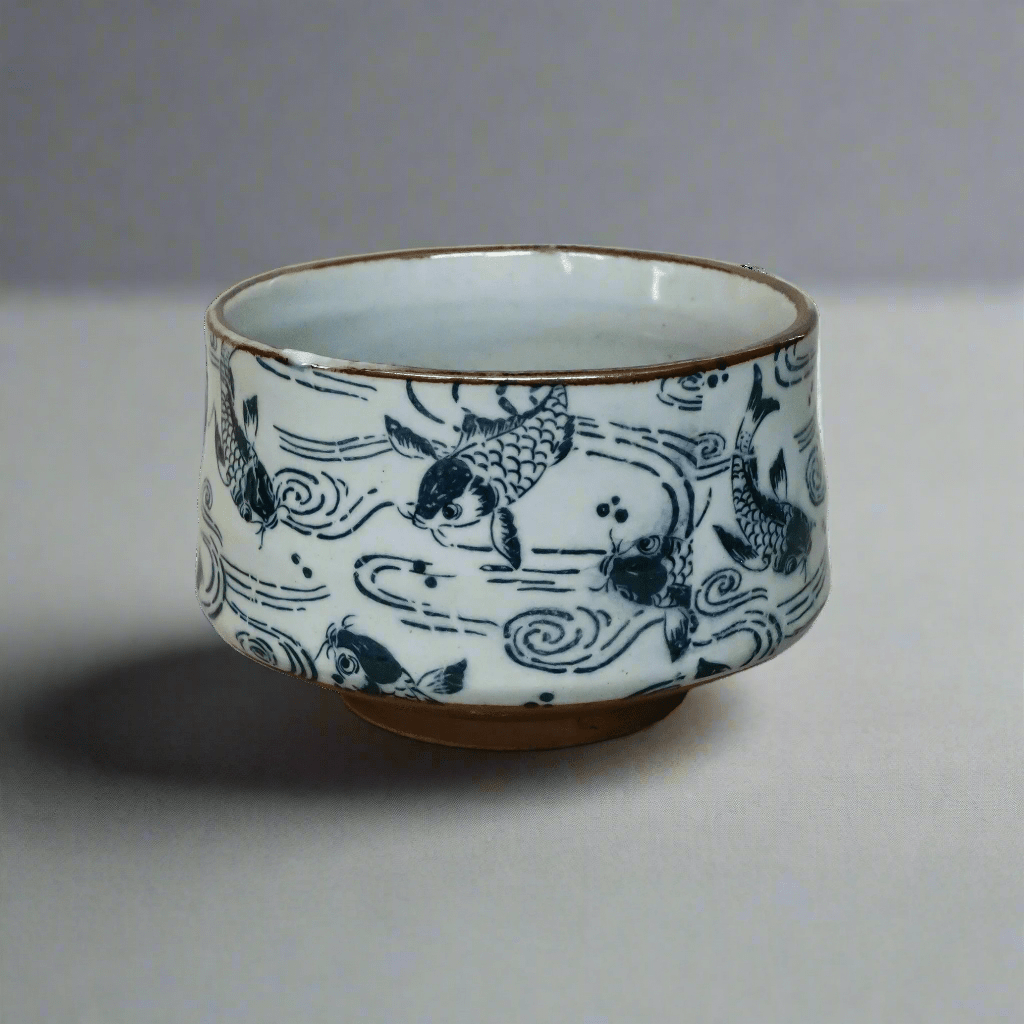
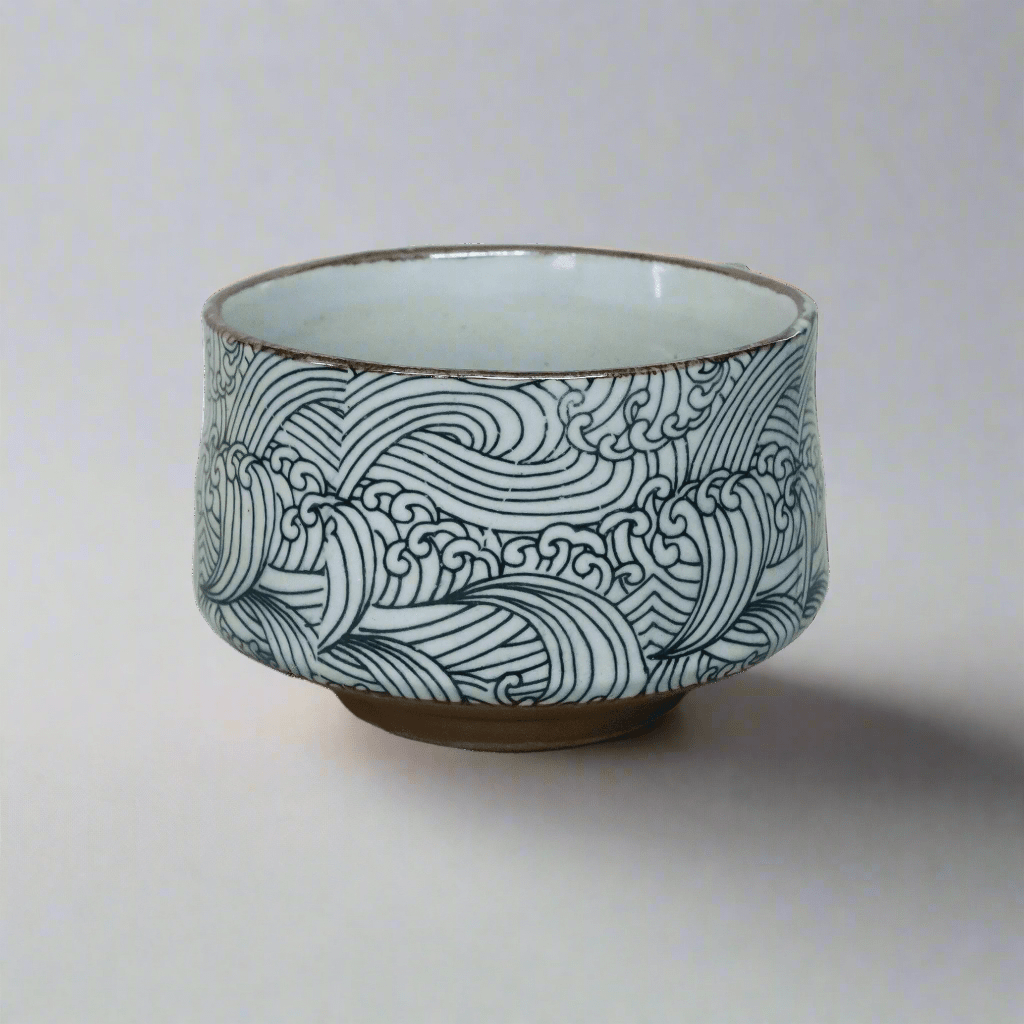
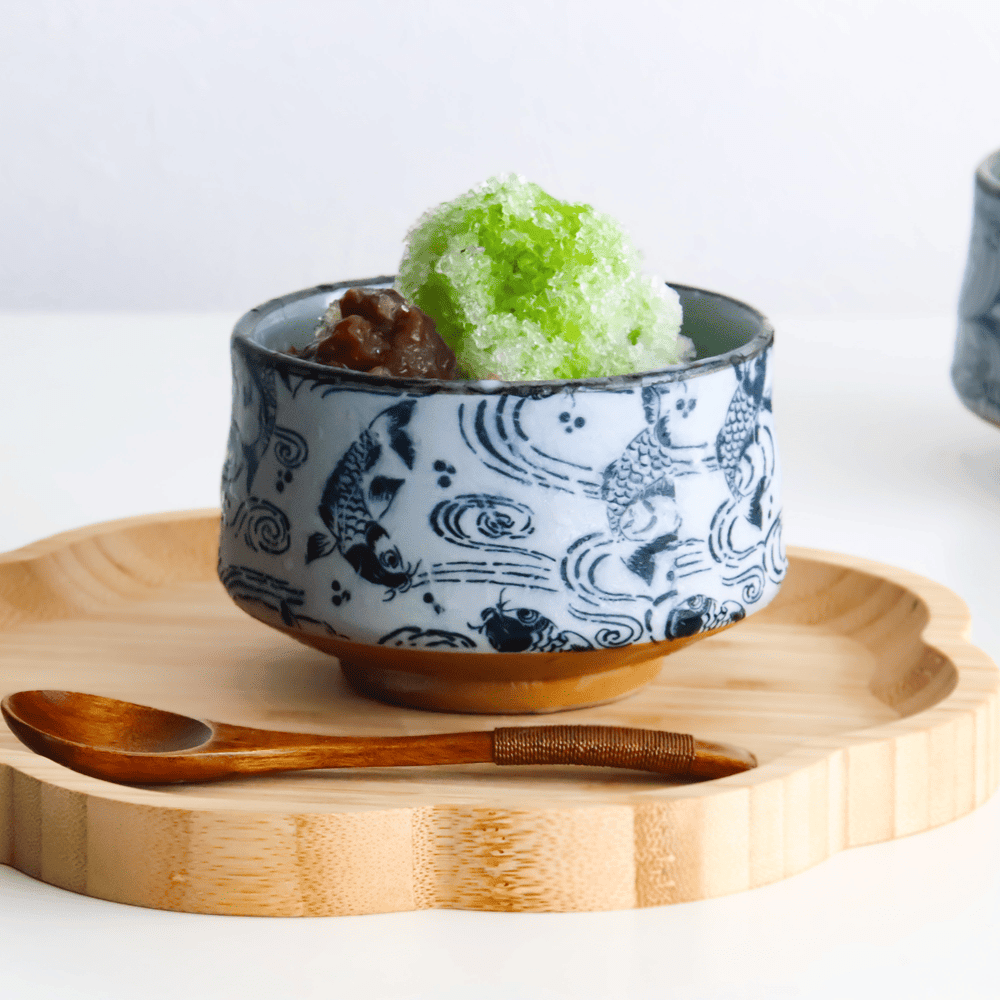
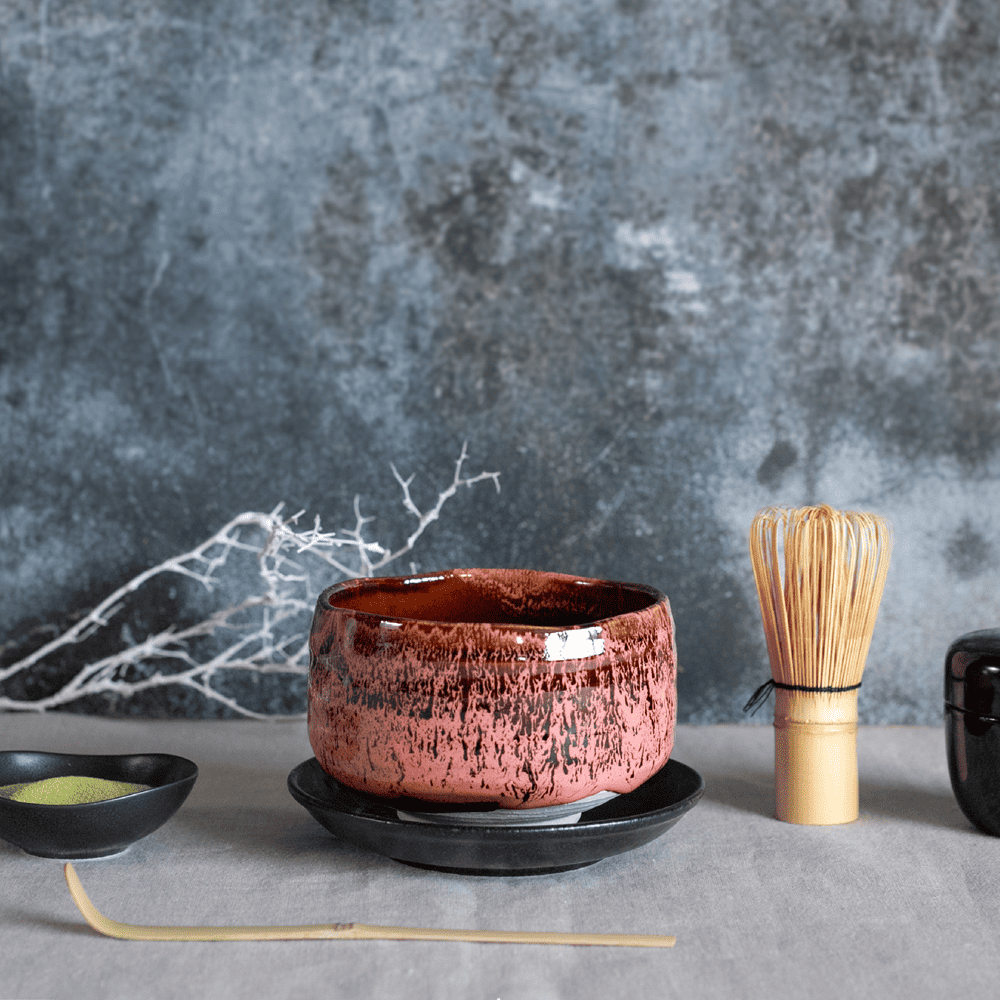
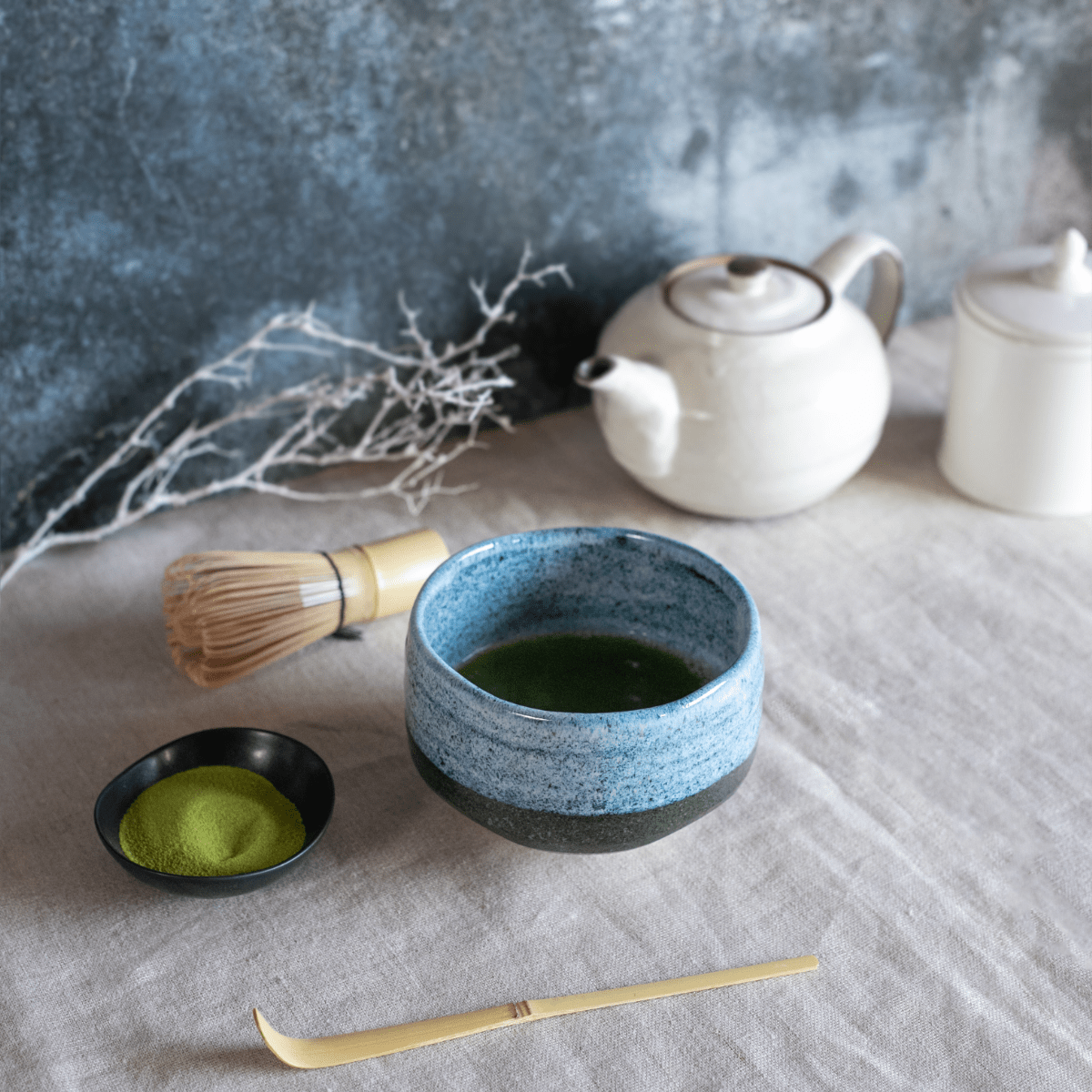
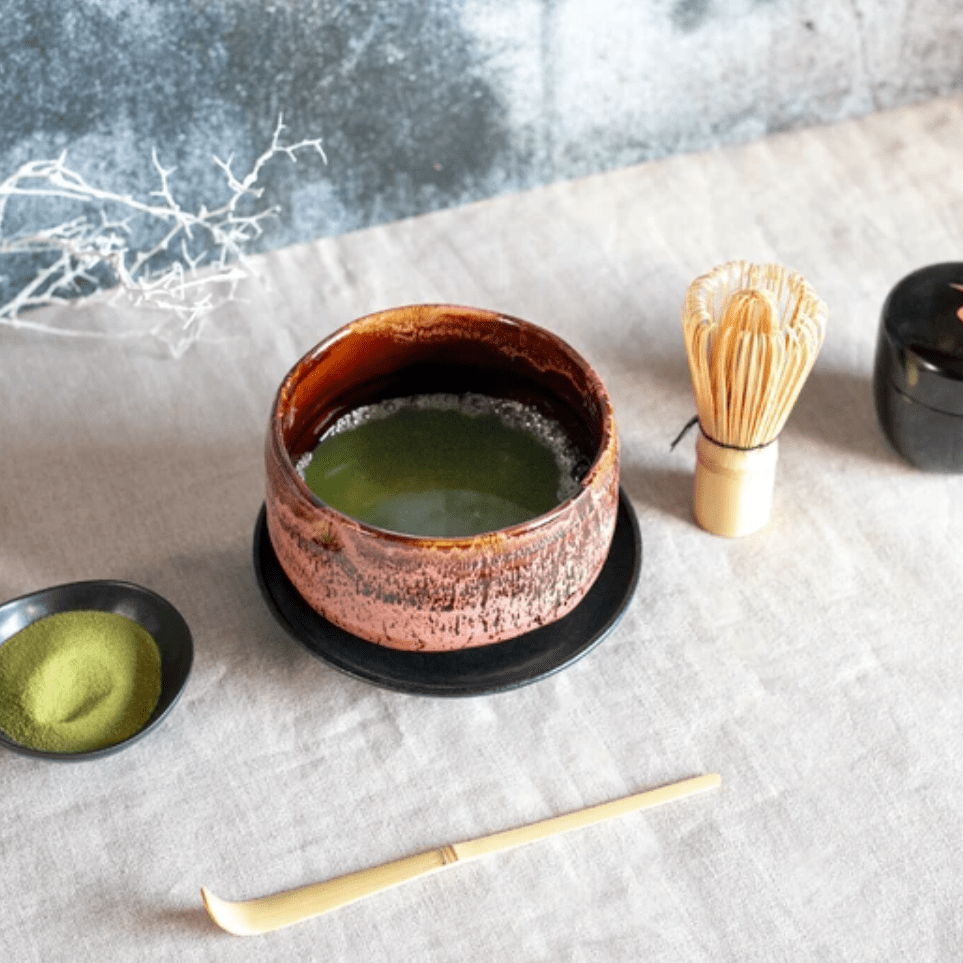
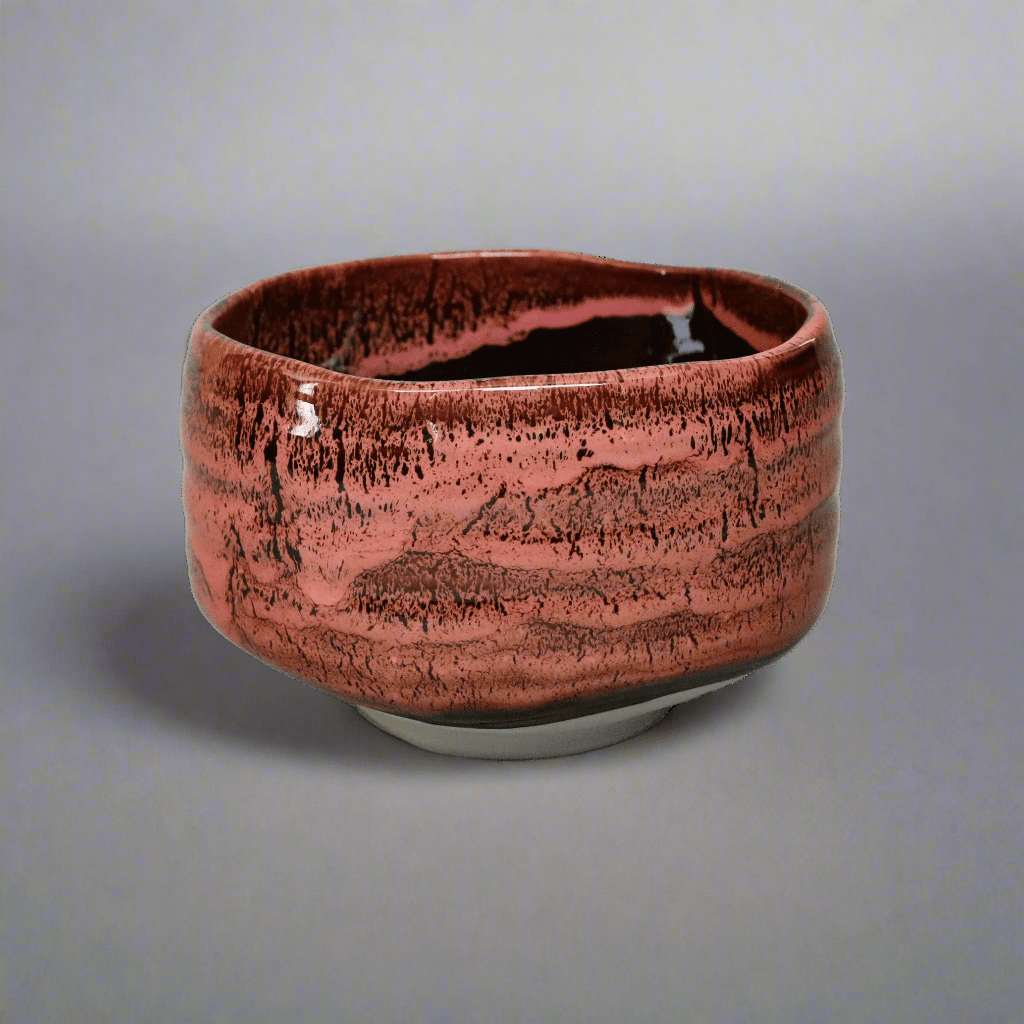
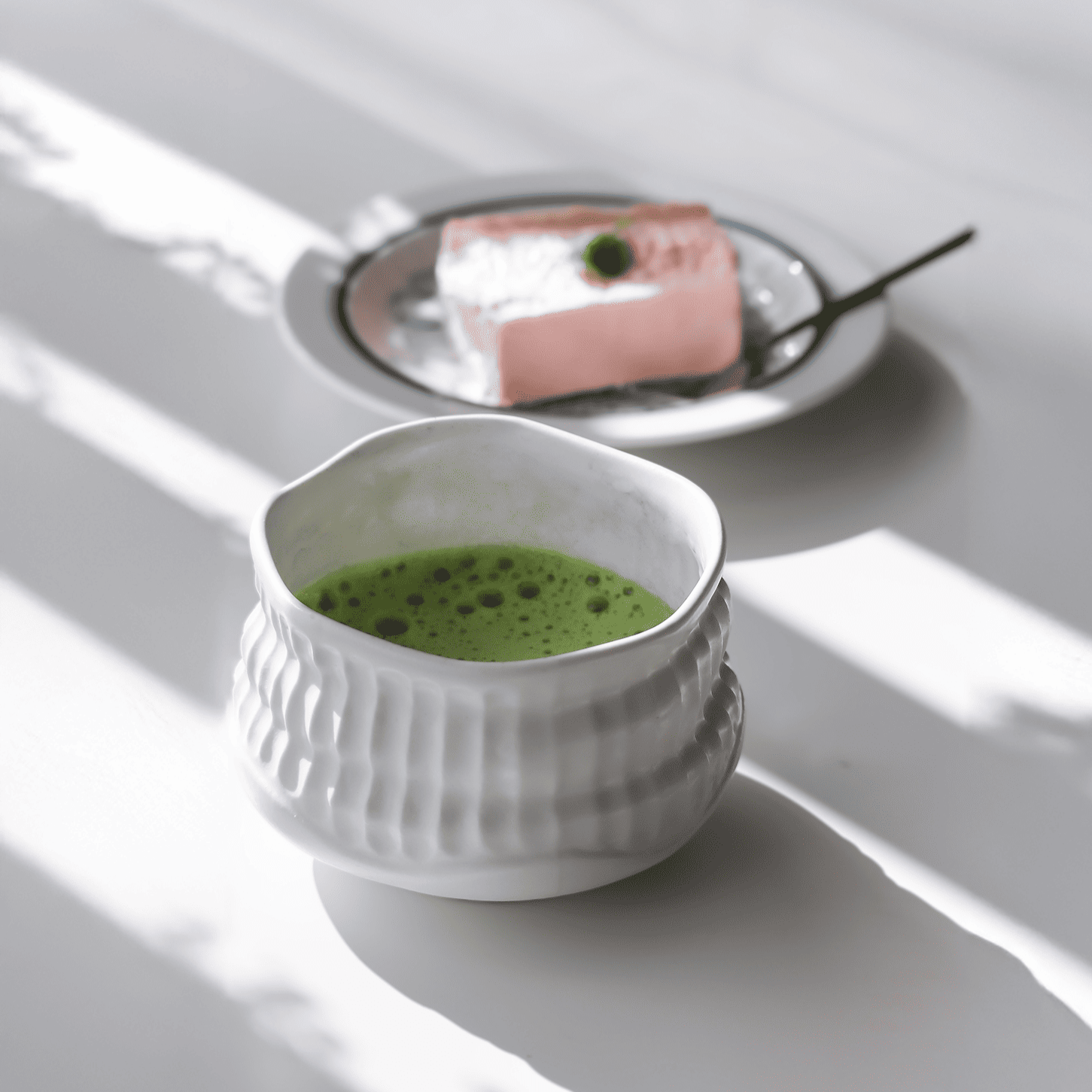
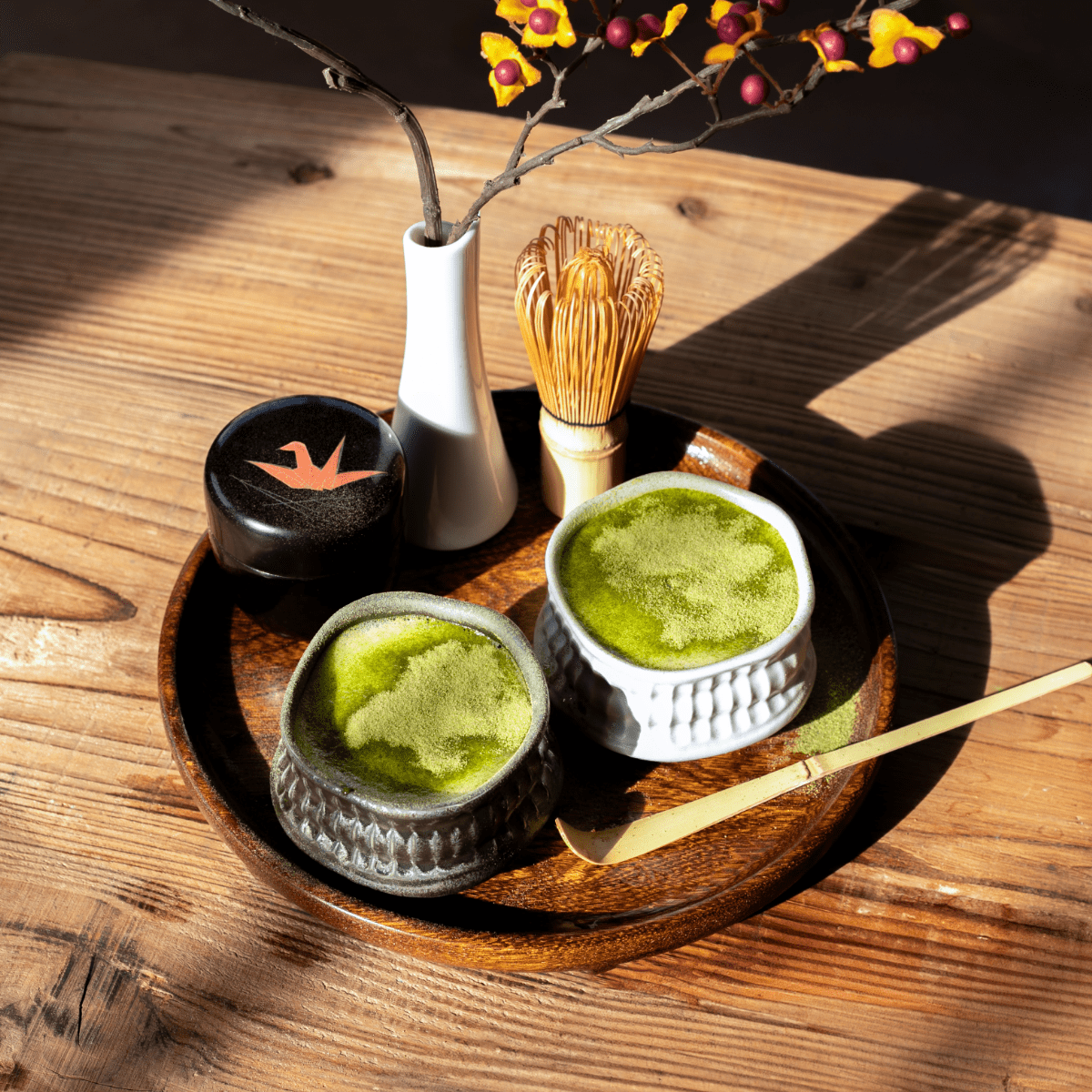
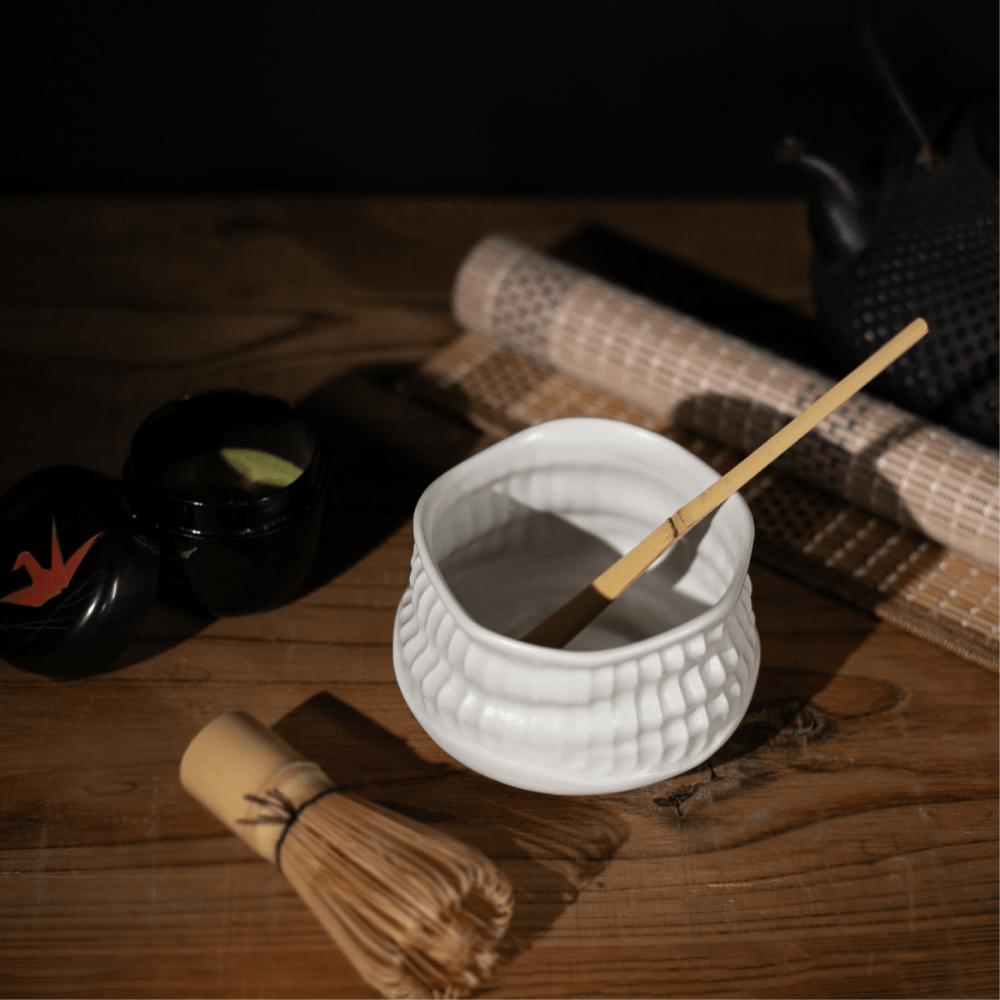
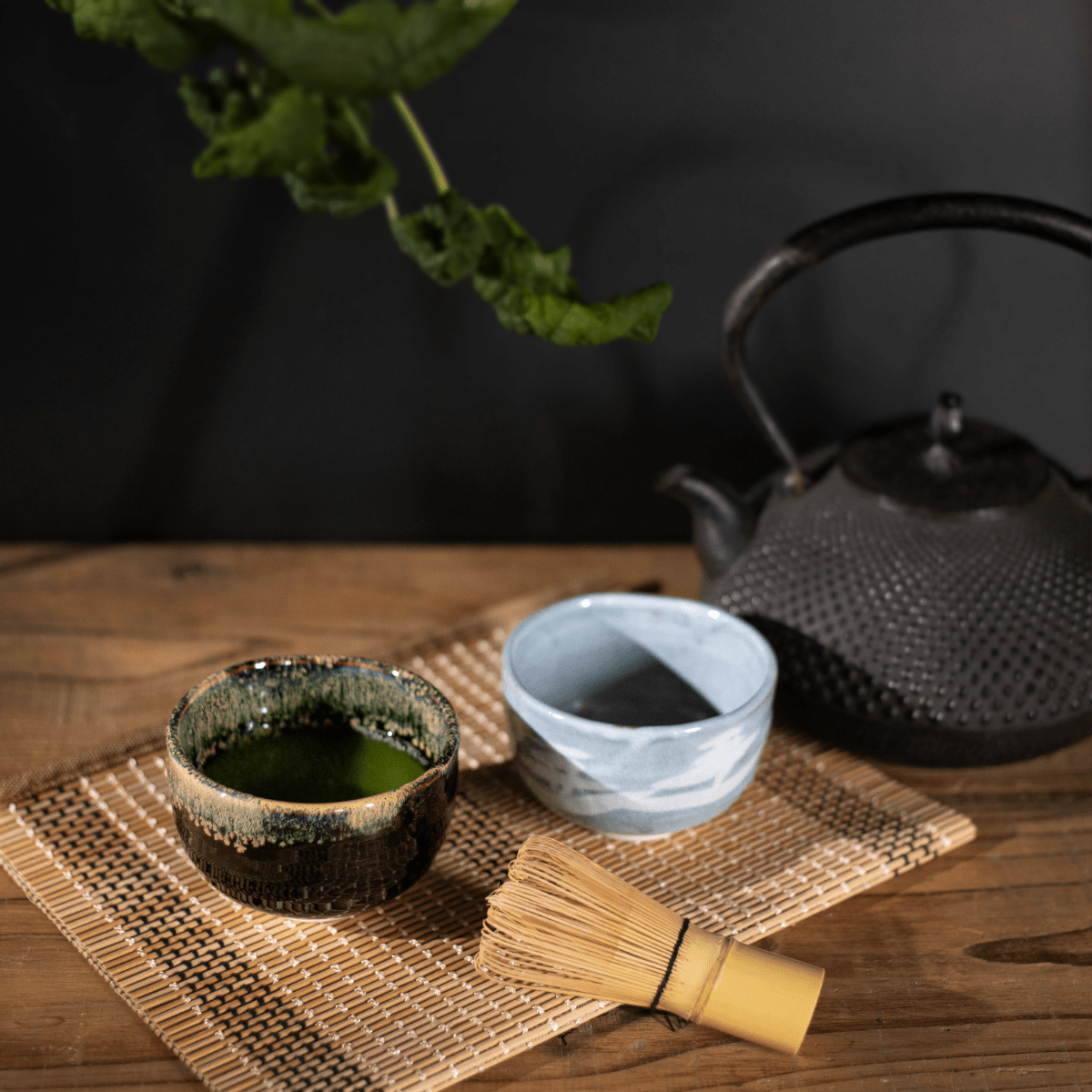
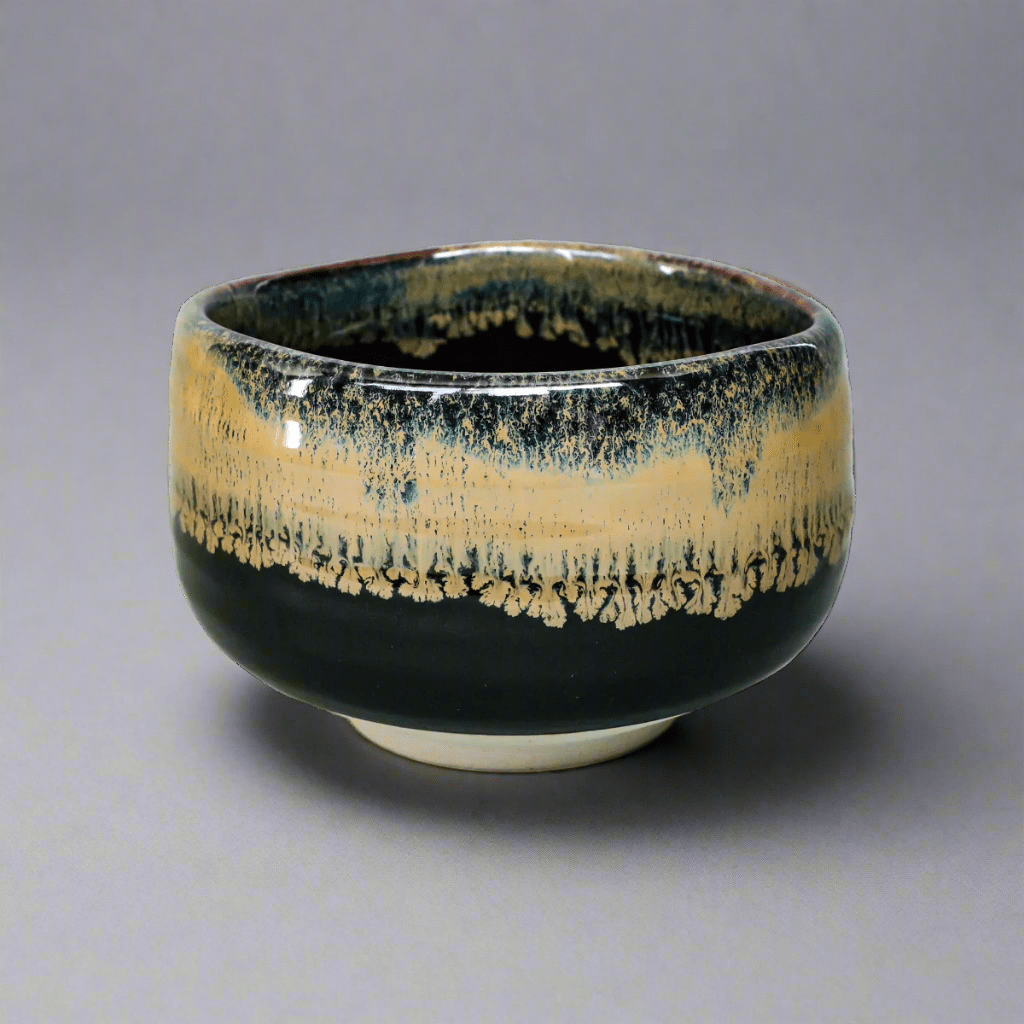
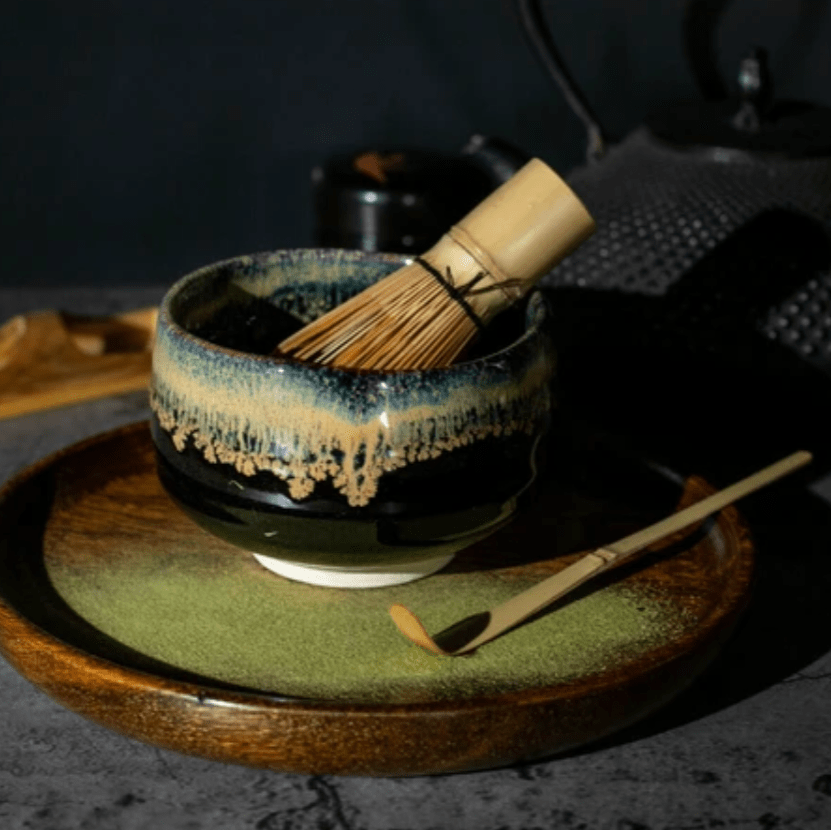
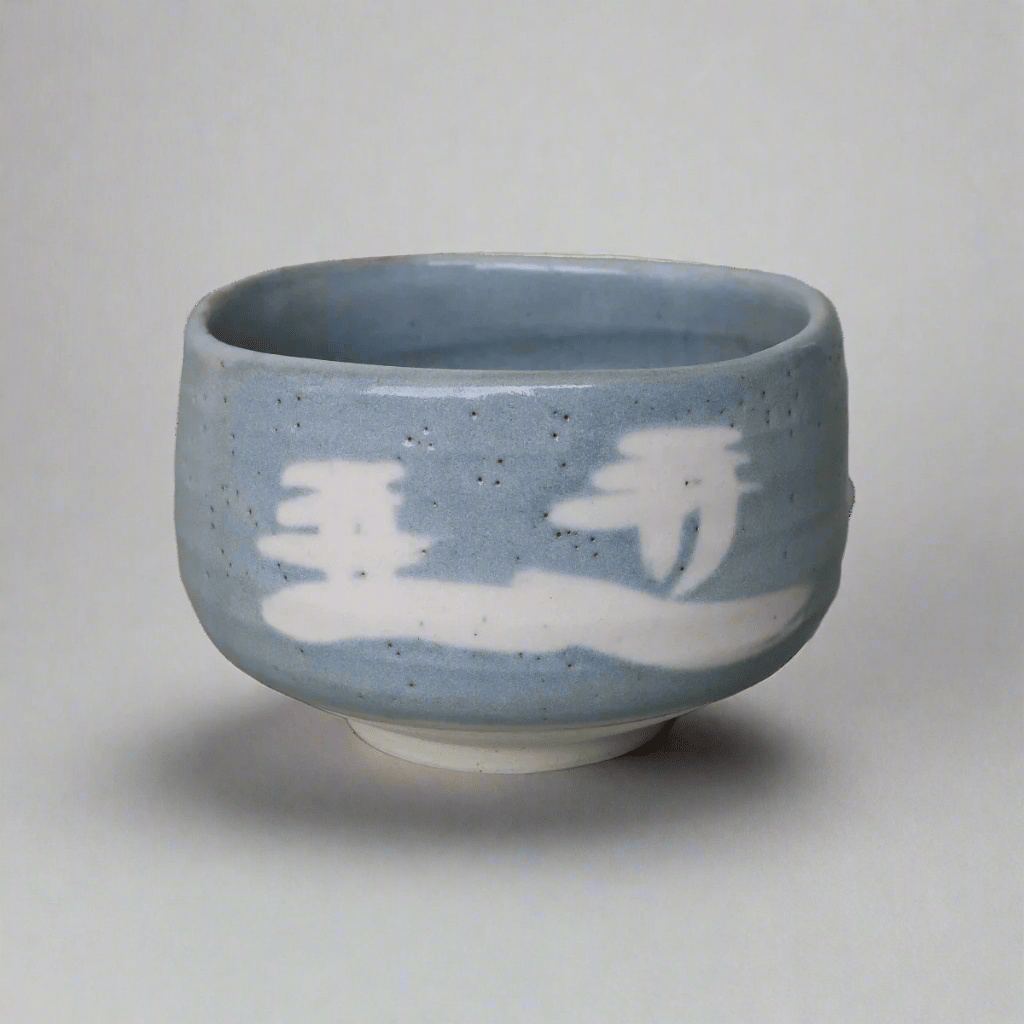
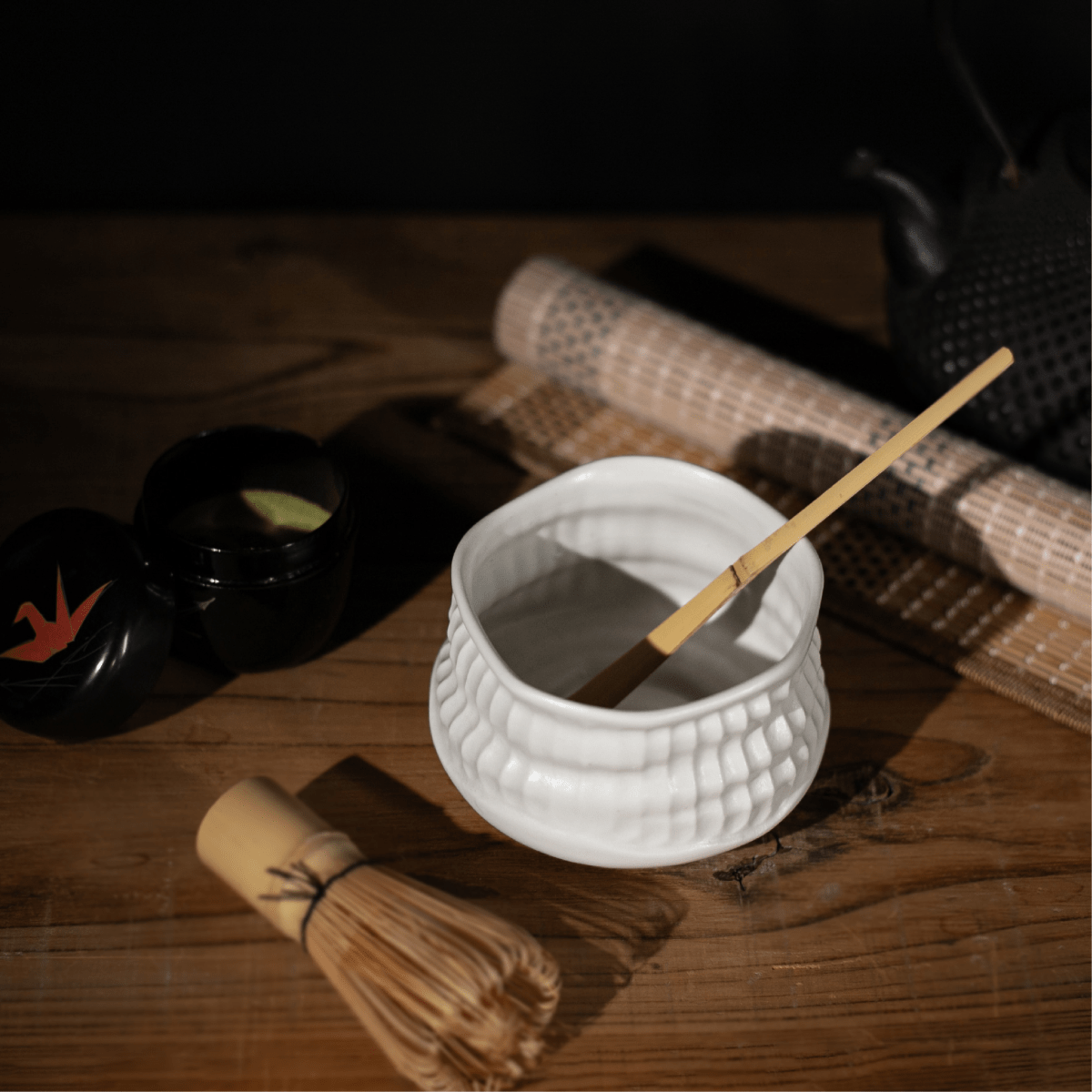
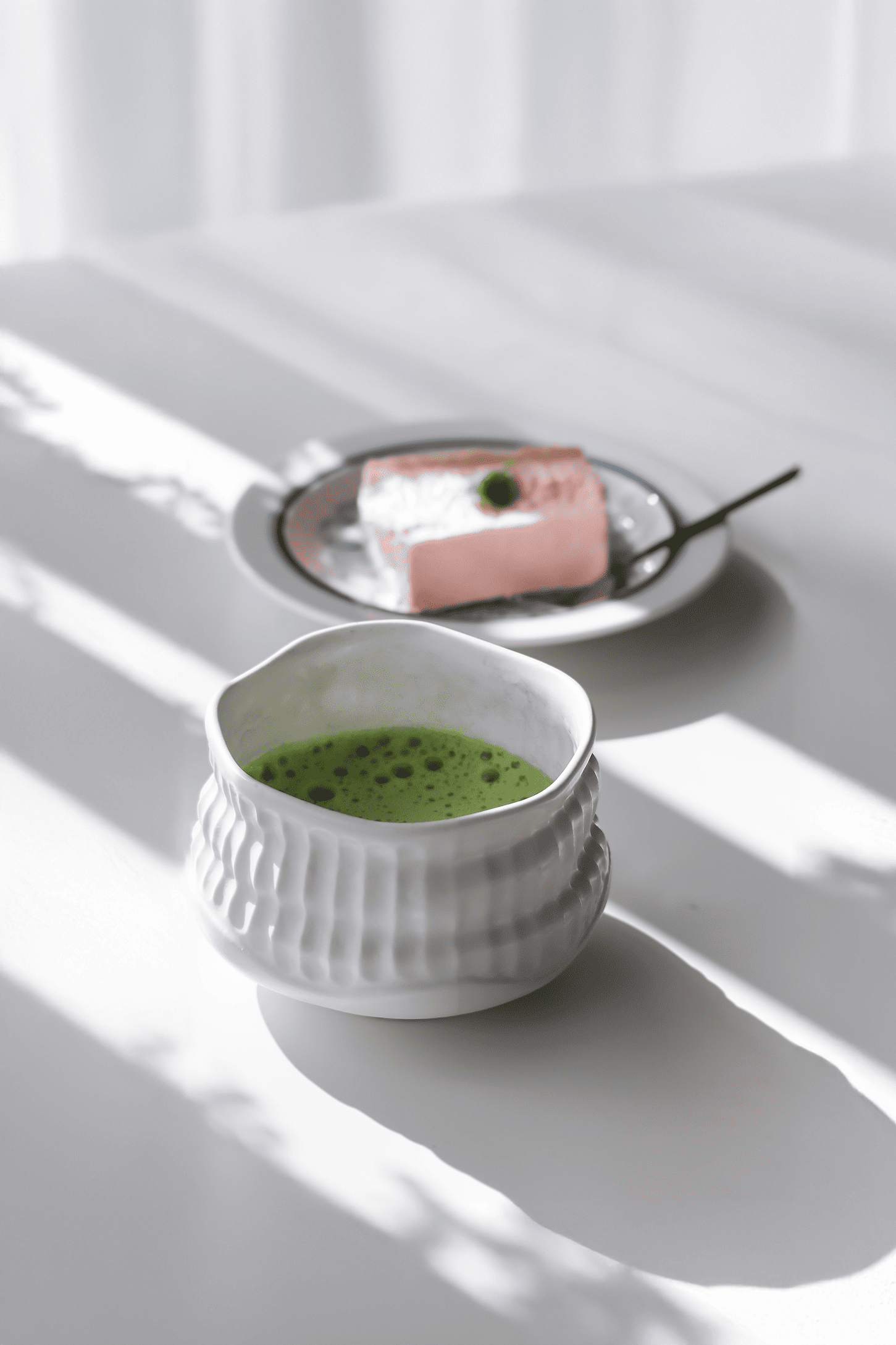
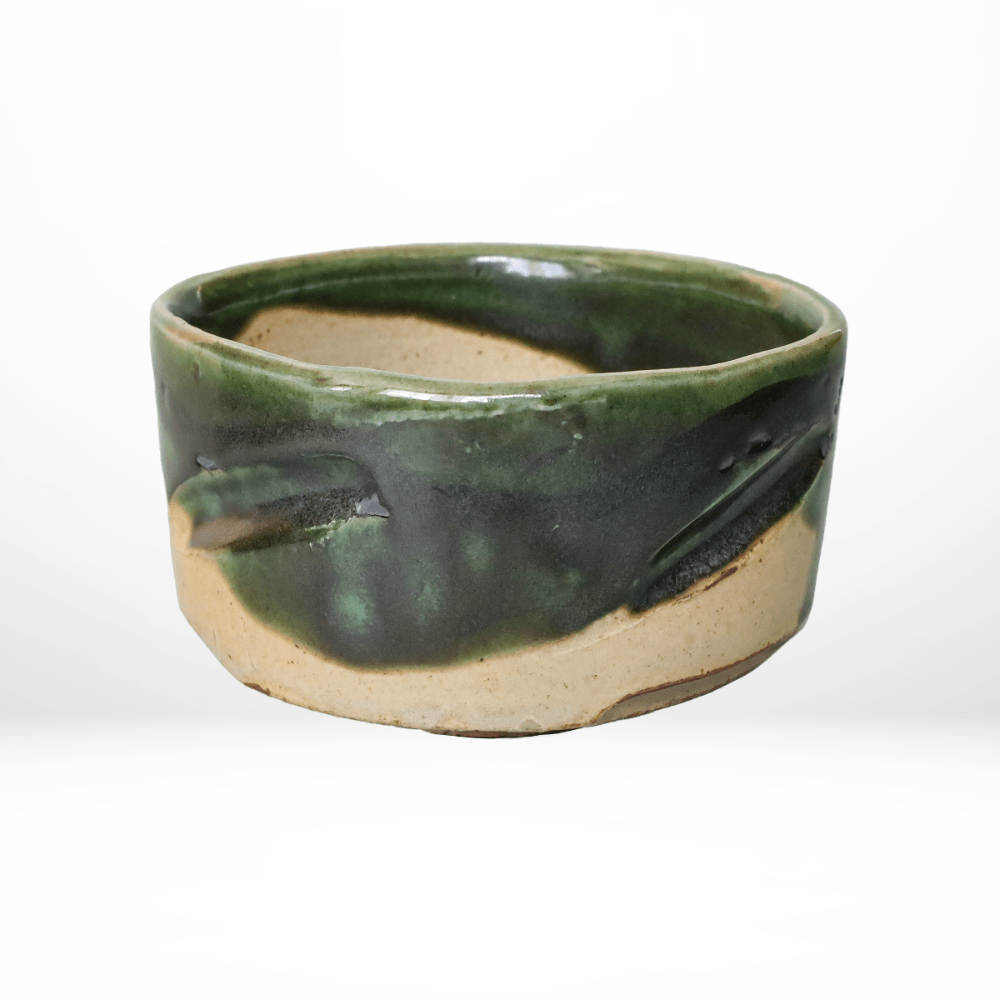
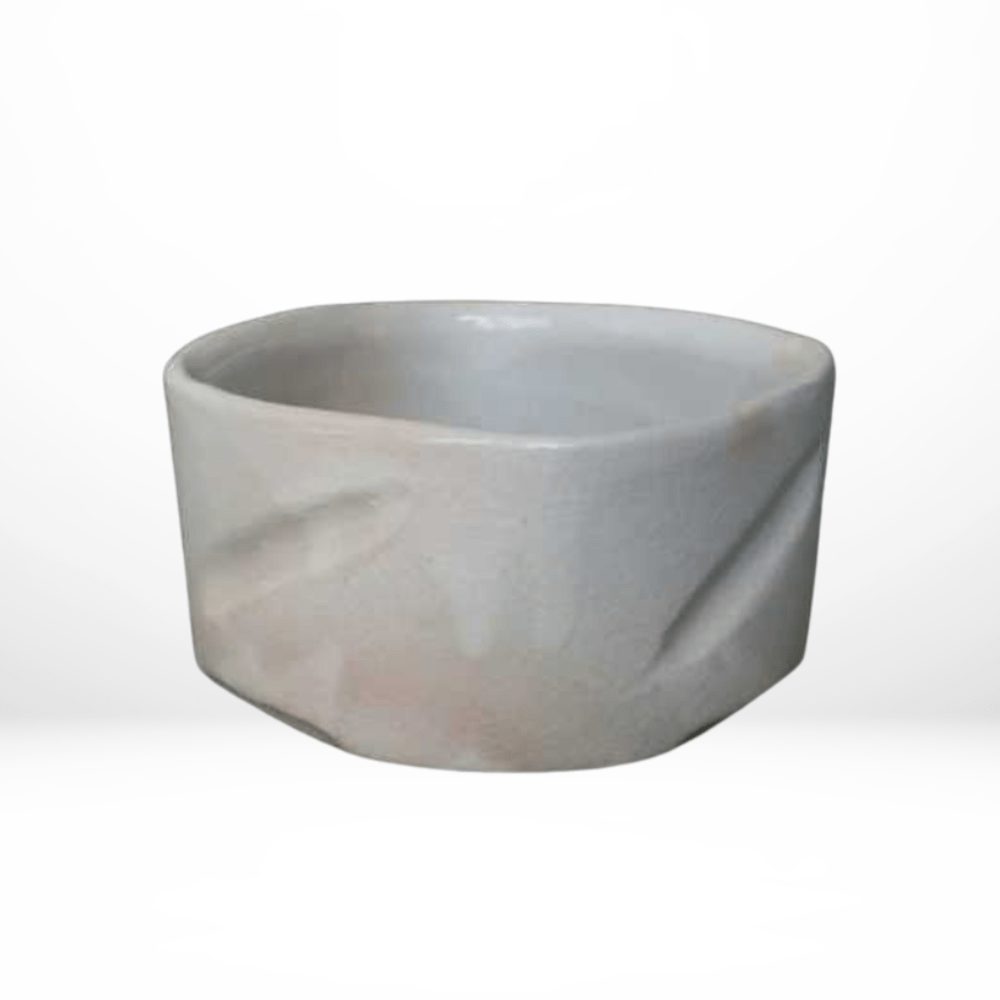
Share: